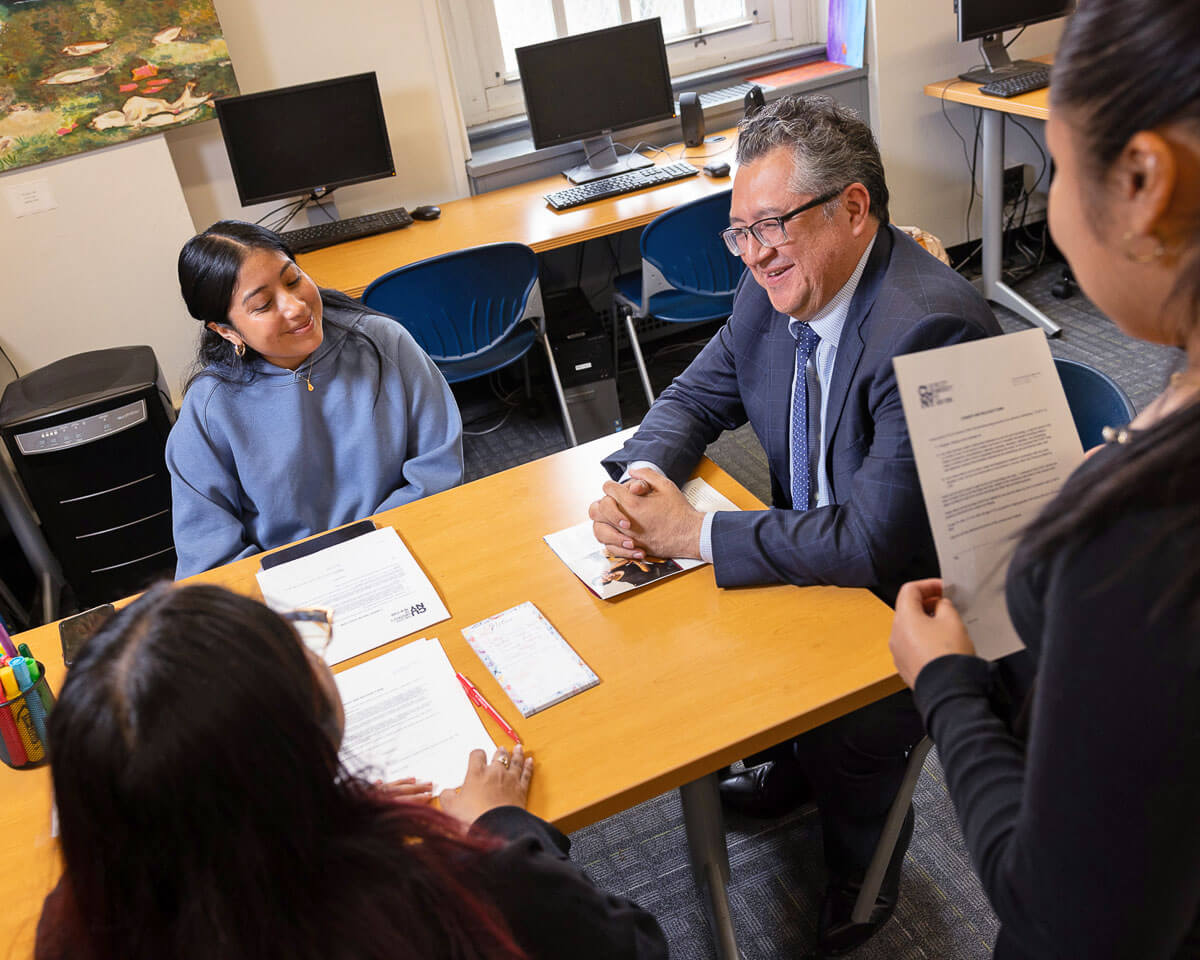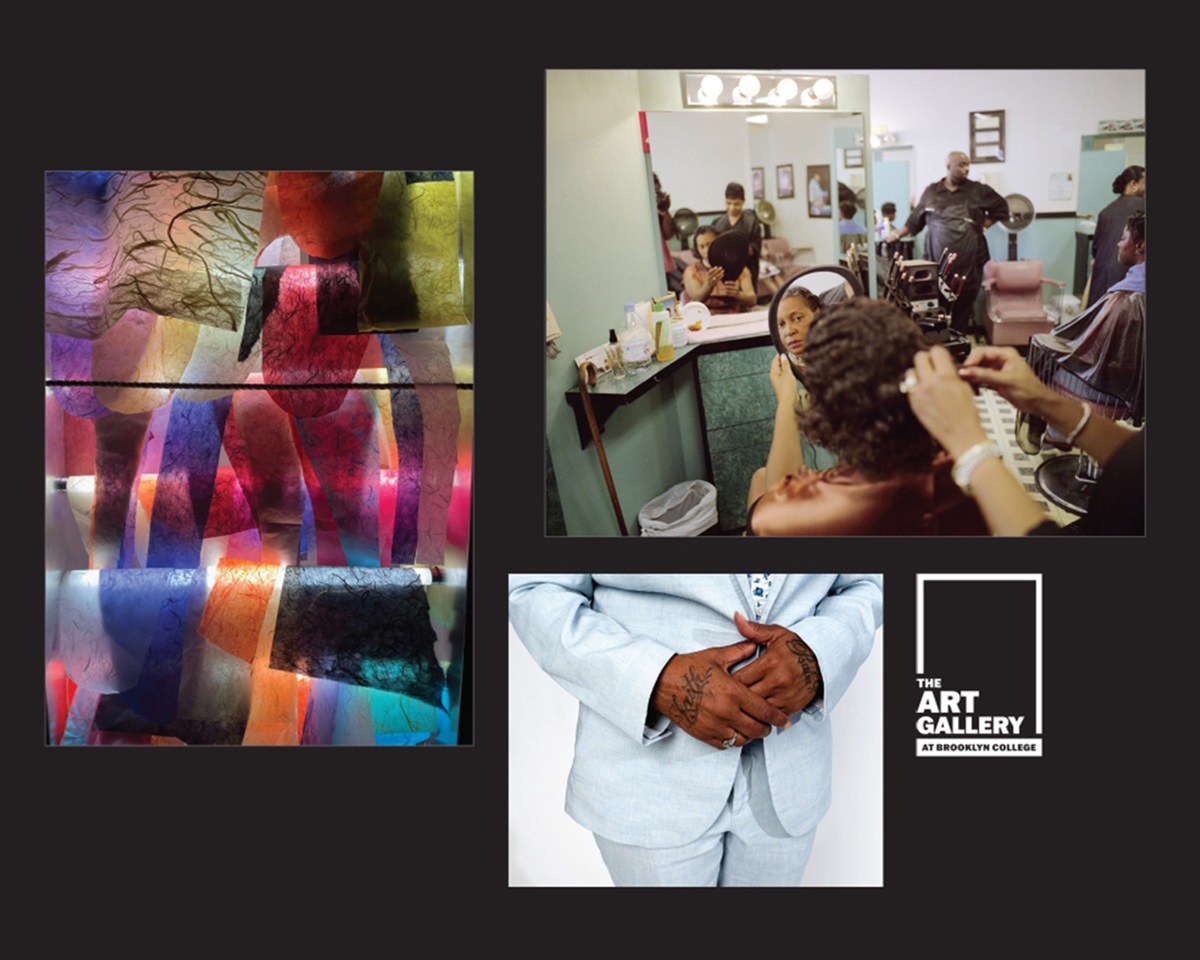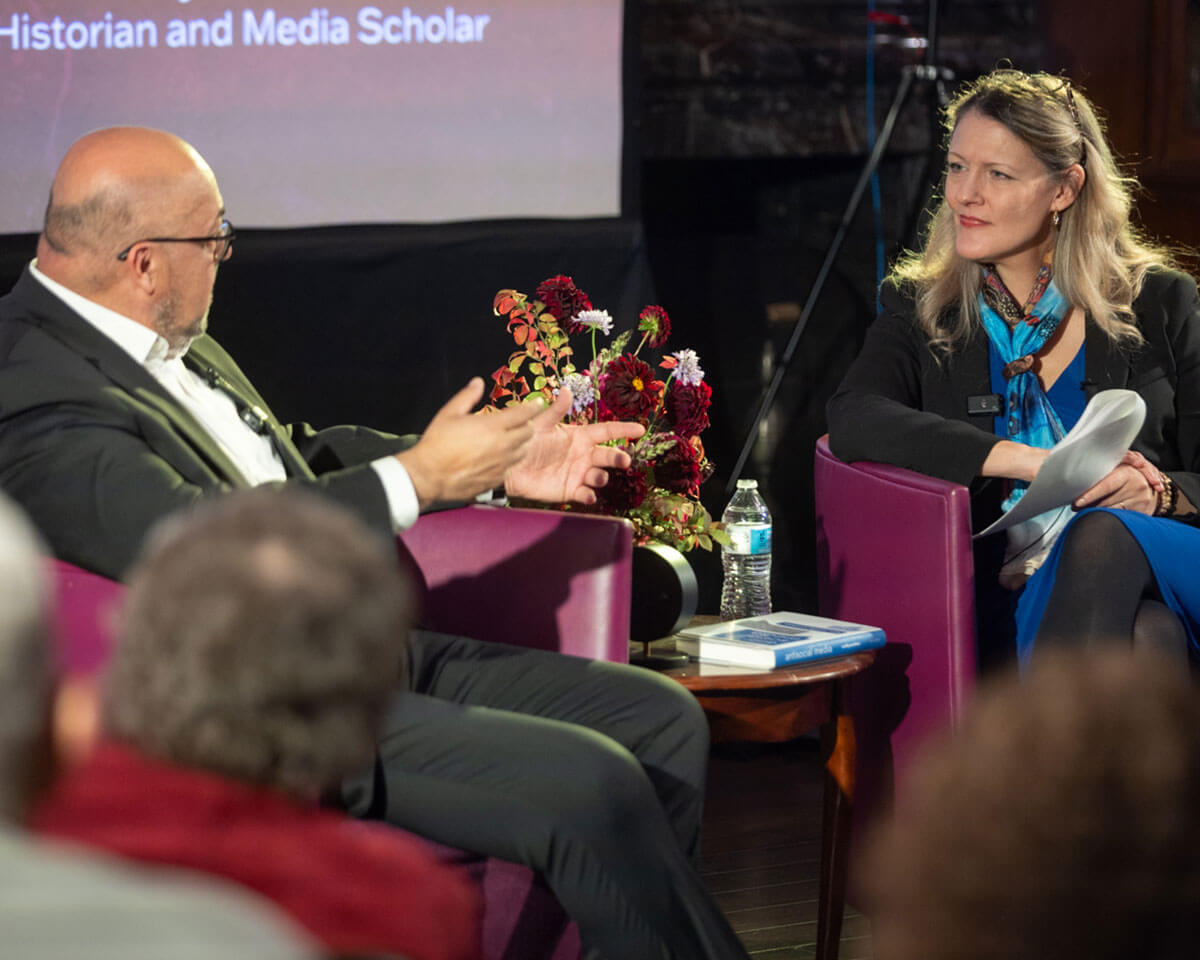In fall 2022, Brenda Bravo was overwhelmed. She was working full time and struggling to pay tuition. Under stress, her academic performance was faltering.
She remembers the day she asked for help—and got it. She cried as she unburdened herself to Jesús Pérez ’95, director of the Immigrant Student Success Office. And he “was able to bring me back,” she says.
“We’re going to call Financial Aid,” Bravo remembers Pérez telling her. “We’re going to get you started.”
With the help of Pérez and ISSO Program Coordinator Leslie Ramirez Carbajal, Bravo applied for scholarships and discovered research opportunities. She began to build her résumé.
But it was more than the practical help that carried her through that difficult fall.
Bravo, who has lived in the United States since she arrived from Mexico when she was three years old, also came to ISSO every day because she needed the emotional support—the feeling, she says, of “having someone there for you.”
For ISSO leadership, looking to create what Pérez calls “a space of trust” for students, the feeling Bravo describes is the definition of success.
The organization “was born out of the need for students to have a safe space where they can share their concerns,” says Pérez, “and the college will be able to support them.” ISSO offers help with “everything from free legal services to academic support to navigating college,” he says. Often the first in their family to attend college, students ask for a range of help—from approaching a faculty member to finding research opportunities.
An Intense Kind of Mentorship
Pérez introduced Bravo to Professor of Sociology Carolina Bank Muñoz. Bravo now works with her for the Mellon Undergraduate Transfer Student Research Program. (Bravo earned her associate degree from Westchester Community College before transferring to Brooklyn College.) With a strong résumé, this past summer Bravo was able to attend Cornell University’s Summer Pathways program, which offers students the chance to study migration in an academic setting.
Without ISSO, she says, none of this would have happened.
The establishment of ISSO, which opened in fall 2019, was the culmination of many years of collective work, to which Pérez and Muñoz were both central.
“I think our goal was for the center to be a place where students could feel safe, could come and access resources, could know that they would be helped, could know that they would get an intense kind of mentorship,” says Muñoz.
One of the many faculty mentors available to ISSO students is librarian Frans Albarillo. During his office hours, he helps students “fill out applications, and write scholarship statements and cover letters.”
He also just talks to them about life at Brooklyn College.
“I’m what they call a generation 1.5,” says Albarillo. “I was brought to the U.S. at a younger age, and I also went through the naturalization process.” So Albarillo understands what it is like “to have a different immigration status” and also what it is like to live in a household where family members do not all have the same immigration status.
ISSO is inclusive in its membership, but true to its roots, the office is particularly sensitive to the needs of undocumented students. ISSO grew out of a project called UndocuAlly, which exists on campuses across the country to train staff and faculty in the support of undocumented students.
The first UndocuAlly training session at Brooklyn College, says Muñoz, was a response to the 2016 presidential election. The idea for an office to support the college’s immigrant students had been around for more than a decade, but that moment put it “back on the agenda in a very serious way,” she says, due to the steep rise in “actual threats, serious direct threats, to immigrant populations.”
In a strategy to raise awareness of and secure safe spaces for immigrant students, says Muñoz, “we organized the first UndocuAlly training session as a way to kickstart people into thinking about these issues, and how to relate to students who may be undocumented or from mixed status families.”
That work continues.
Associate Professor Naomi Schiller, an ISSO adviser for anthropology majors and minors, encourages students to apply for internships, graduate school, and jobs. But the funding procedures are not always clear, even to her, so she reached out to ISSO for help in figuring out what kinds of funding are available to undocumented students.
Schiller is grateful she “can go to people who have students’ best interests at heart and understand that they deserve an education, they deserve funding, that these barriers are unjust, unfair.” She relies on ISSO to help “open as many doors as we can” for students, so that they can “achieve what they want to achieve.”
ISSO is also a resource for Elise Goldberg, academic program specialist in Children and Youth Studies. Like Albarillo, she was involved with UndocuAlly first, then continued her support as that project evolved into ISSO.
When students come to Goldberg with questions that stump her, “I can say I don’t know the answer, but they do,” she says of ISSO leadership. “And mentors have to have mentors. We have to have other people that we can go to. It’s part of the process.”
Finding Joy
Pérez describes ISSO as a “community-driven office,” arising directly from the needs of students and facilitating the transfer of knowledge among students, staff, and faculty. “There is this amazing energy there, this synergy, because everyone wants to share what they know,” he says.
In addition to faculty mentorship, part of the organization since the days of UndocuAlly, ISSO has recently begun a peer mentorship program.
This fall, Bravo joined the inaugural cohort of fellows in the Federman Fellowship Program, in which four undergraduates (juniors or seniors) and one graduate student work to mentor younger students and build community.
Pérez and Carbajal have offered guidance in how to talk to students, says Bravo, “how to learn to better aid them.” And the fellows have come to understand the need for sensitivity around certain topics like travel, she says, because in many cases “the students and the community that we aid don’t have that option.”
Bravo finds herself “learning to navigate higher education with these students as a student myself.” But when she needs support, she knows where to find it.
And so she is thrilled to be able to introduce herself as the Federman Programming and Community Building Fellow. “It feels good to be able to give, as well as receive, guidance—to make a difference in the lives of other students, even by hosting events where we just try to have joy and education.”
It’s “really nice,” she says, “to have that kind of community now.”
Return to the BC Magazine



